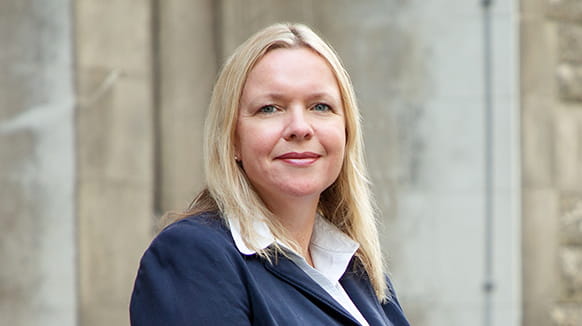The recent IMO’s Maritime Safety Committee (MSC) meeting, MSC 105, has provided an update on the development of the regulation of maritime autonomous surface ships (MASS). Most notable is the approval of the road map to develop IMO goal-based instruments to be adopted in the second half of 2024. Importantly, this code will not be mandatory but will be used to develop a mandatory version of the code that is planned to enter into force on 1 January 2028.
In order to achieve this, the MSC re-established the MASS Correspondence Group to develop the non-mandatory goal-based MASS code and consider the common potential gaps and themes that had been identified in the Regulatory Scoping Exercise conducted between 2017 and 2021. Unfortunately, the non-mandatory code has been limited to cargo ships but the feasibility for its application to passenger ships will be considered at a later date. The MASS Correspondence Group will issue their report at MSC 107 which will be held in spring 2023.
The MASS Correspondence Group have also been asked to consider, if time allows, whether to amend the definition for MASS and degrees of autonomy, which are currently defined as: crewed ship with automated processes and decision support (Degree One); remotely controlled ship with seafarers on board (Degree Two); remotely controlled ship without seafarers on board (Degree Three); and fully autonomous ship (Degree Four). The Group would also consider the meaning of the terms master, crew or responsible person; remote control station/centre; and determination of the remote operator as a seafarer.
Finally, the MSC agreed with the Legal Committee’s recommendation to establish a Joint MSC/LEG/FAL Working Group in order to streamline the process of addressing MASS related issues that are common to the scope of work of the MSC, Legal Committee (LEG) and Facility Committee (FAL). If the Facilitation Committee concur, the first joint meeting is expected to take place later this year.
The news that the IMO is continuing to take positive steps in relation to MASS is to be welcomed, but for those actively involved in MASS developments it may be viewed as unfortunate that the IMO have chosen to focus on only cargo vessels and to introduce a non-mandatory code in the first instance, with the mandatory code not being introduced for another six years (at the earliest). This delay provides an opportunity for the UK to take a leading role in the development of the future of regulations for MASS. With the UK having committed to MASS in its ‘Maritime 2050’ strategy and held a consultation on the future of autonomous vessels in November 2021, it is already well placed to develop MASS regulation. Alongside the recent Law Commission of England and Wales and the Scottish Law Commission joint report on Automated Vehicles1, the UK continues to be at the forefront of autonomous development.
A full summary of all decisions made at MSC 105 can be found at: https://www.imo.org/en/MediaCentre/MeetingSummaries/Pages/MSC-105th-session.aspx.
1 See our previous alert: Autonomous Vehicle Regulation in the UK Takes a Tentative Step Forward
